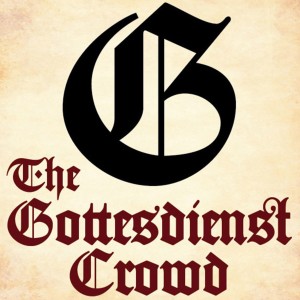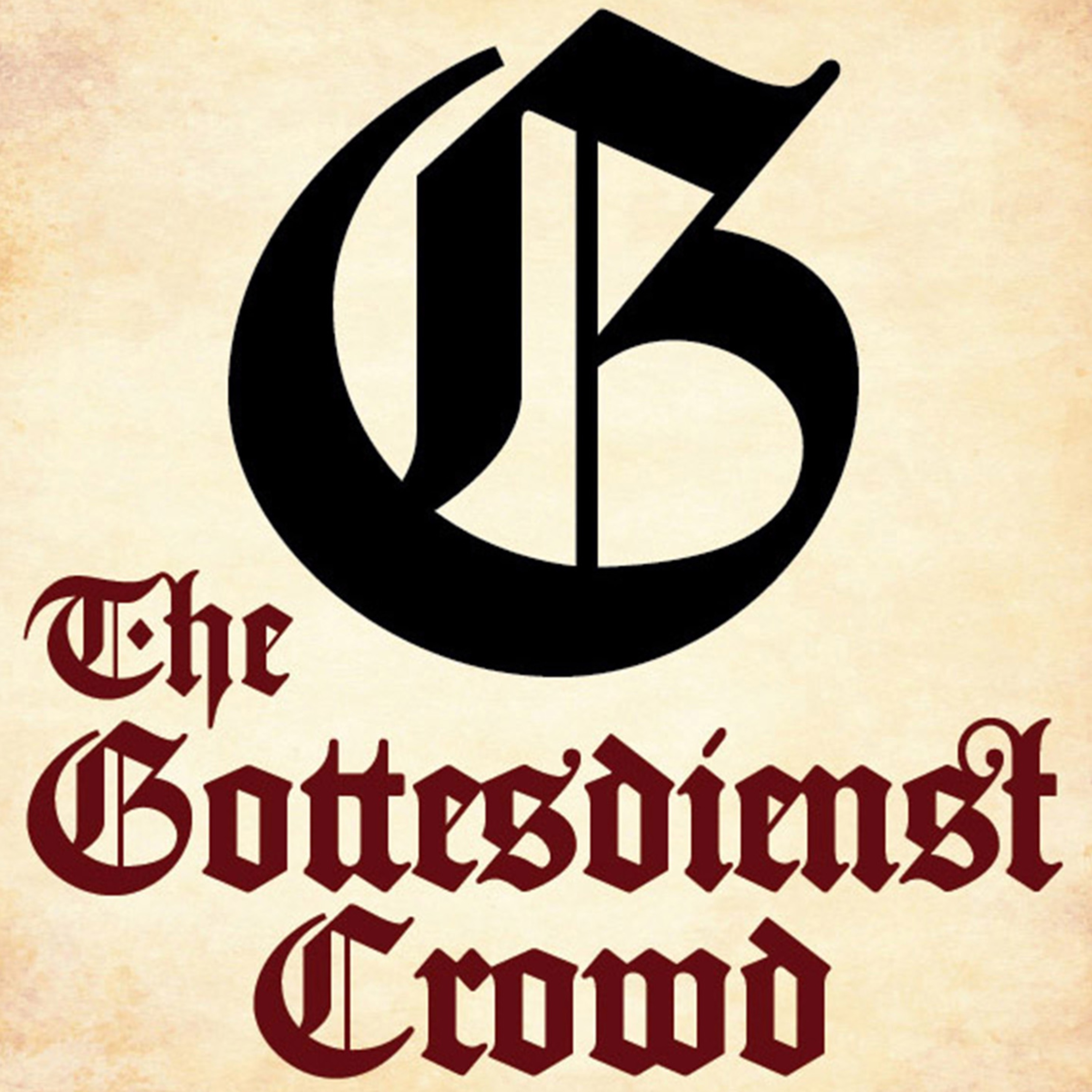Episodes
![[From the Archives] TGC 086 — On Friendship](https://pbcdn1.podbean.com/imglogo/image-logo/332069/G_logo_1500_f5mj7a_300x300.jpg)
Wednesday Aug 10, 2022
[From the Archives] TGC 086 — On Friendship
Wednesday Aug 10, 2022
Wednesday Aug 10, 2022
Luther, in the Small and Large Catechisms on the Fourth Petition of the Lord's Prayer, lists "good friends" as necessary for bodily life. But we don't talk much about it. In this episode, Dave Petersen (pastor of Redeemer Lutheran Church, Fort Wayne, IN, and author of the recurring column "Commentary on the War" in the Gottesdienst Journal) and I discuss the factors that led to this deemphasis on friendship. Petersen looks to Aristotle, Cicero, and C.S. Lewis for aid in exploring this lost gift of God, and then we discuss how it might be restored among us.
Host: Fr. Jason Braaten
Regular Guest: Fr. David Petersen
Read the rest of this entry »
Monday Aug 08, 2022
TGC 209 — Thinking Out Loud (Trinity 9)
Monday Aug 08, 2022
Monday Aug 08, 2022
Two pastors thinking out loud about the upcoming Gospel reading. This episode is devoted to the Gospel reading for The Ninth Sunday after Trinity, Luke 16:1–13.
Read the rest of this entry »
Wednesday Aug 03, 2022
TGC 208 — On Head Coverings
Wednesday Aug 03, 2022
Wednesday Aug 03, 2022
In 1 Corinthians 11, St. Paul instructs women to demonstrate the order of creation by wearing a head covering in the Divine Service. The general rubrics fro TLH indicated that this is a good practice. Yet, most of our congregations do not follow the Apostolic teaching or the recommendations from our LCMS fathers. What happened? In this episode, we discuss why this practice has fallen into disuse, and answer common objections to it. We also discuss the different readings of St. Paul’s teaching.
Host: Fr. Jason Braaten
Special Guest: Fr. John Koopman
Read the rest of this entry »
Monday Aug 01, 2022
TGC 207 — Thinking Out Loud (Trinity 8)
Monday Aug 01, 2022
Monday Aug 01, 2022
Two pastors thinking out loud about the upcoming Gospel reading. This episode is devoted to the Gospel reading for The Eighth Sunday after Trinity, Matthew 7:15–23.
Read the rest of this entry »
Wednesday Jul 27, 2022
TGC 206 — Gods of Our Age (Intoxication)
Wednesday Jul 27, 2022
Wednesday Jul 27, 2022
In the first episode of The Gods of Our Age, Mark Preus walked us through an introduction. That the people of Rome, Galatia, Corinth, and Ephesus could hardly not know that they were idolaters when Paul preached to them. They had idols of stone and wood and precious metals. They had temples with statues devoted to their gods. We know from Luther’s Catechisms that an idol is anything that you fear, love, and trust in above all things. We have idols too. They are not statues of stone or wood or precious metals. But they look exactly like the idols of the ancient world.
In this episode, He narrows our focus on the God of Intoxication, Bacchus.
Host: Fr. Jason Braaten
Special Guest: Fr. Mark Preus
Read the rest of this entry »
Monday Jul 25, 2022
TGC 205 — Thinking Out Loud (Trinity 7)
Monday Jul 25, 2022
Monday Jul 25, 2022
Two pastors thinking out loud about the upcoming Gospel reading. This episode is devoted to the Gospel reading for The Seventh Sunday after Trinity, Mark 8:1–9.
Read the rest of this entry »
Wednesday Jul 20, 2022
TGC 204 — The Sin of Cynicism
Wednesday Jul 20, 2022
Wednesday Jul 20, 2022
Cynicism, Blackpilled, Realism/Pessimism — whatever you want to call it — is the opposite of the hope and expectation of good things that God calls us to look and long for. To do this is not looking at things with rose-colored glasses or in a Pollyanna way. It is simply to take God at his Word, and thus, to bring our actions in line with what God has called us to do. In this episode, John Koopman calls us to mine God’s Word for the duties and promises that our Father in heaven gives to us and leave the rest to His providential care.
Read the rest of this entry »
Monday Jul 18, 2022
TGC 203 — Thinking Out Loud (Trinity 6)
Monday Jul 18, 2022
Monday Jul 18, 2022
Two pastors thinking out loud about the upcoming Gospel reading. This episode is devoted to the Gospel reading for The Sixth Sunday after Trinity, Matthew 5:17–26.
Read the rest of this entry »![[Gottesblog] The Chain — Larry Beane](https://pbcdn1.podbean.com/imglogo/image-logo/332069/G_logo_1500_f5mj7a_300x300.jpg)
Monday Jul 18, 2022
[Gottesblog] The Chain — Larry Beane
Monday Jul 18, 2022
Monday Jul 18, 2022
You can read the post at Gottesblog.

Wednesday Jul 13, 2022
TGC 202 — On Being on a Team
Wednesday Jul 13, 2022
Wednesday Jul 13, 2022
St. Paul warns us on a number of occasions to beware of envy and rivalry among the brothers. This is all the more important for pastors to live out so that the people of God may have shepherds to imitate in their life and conduct. In this episode, Heath Curtis talks about not only spiritual implications for the pastor and the spiritual welfare of the church, but also implores us to find our place on the team, to be willing to play outfield even when we think we are better at second base for the good of the team. We are, after all, one body and each individual member has his part to play.
Read the rest of this entry »
